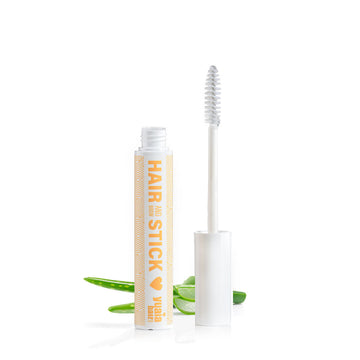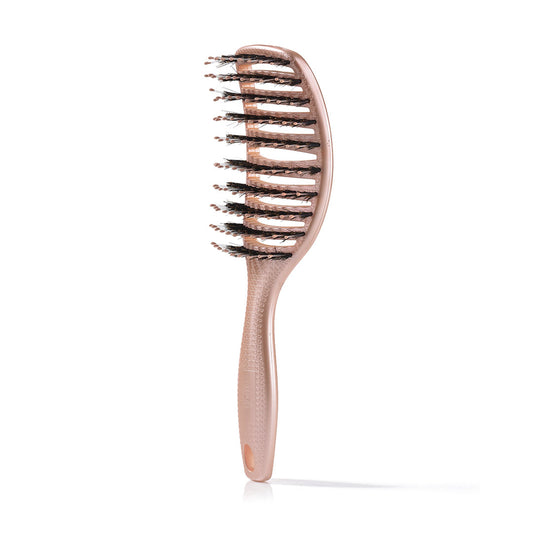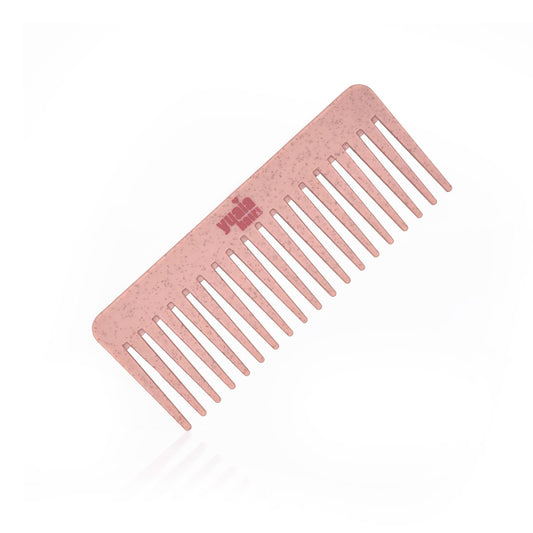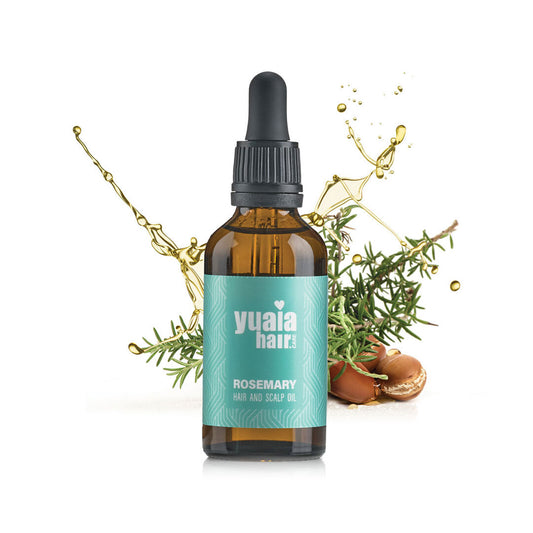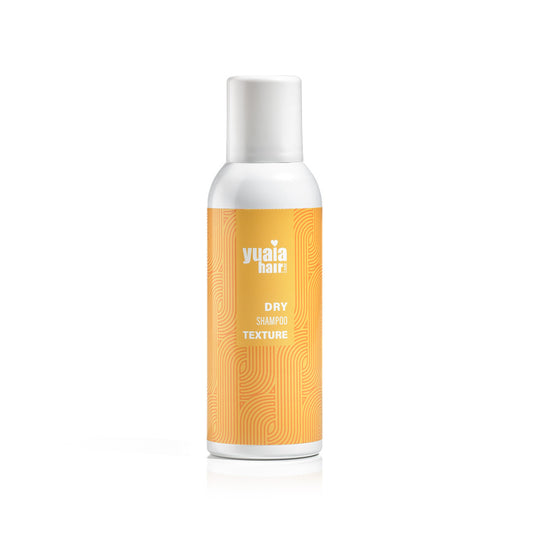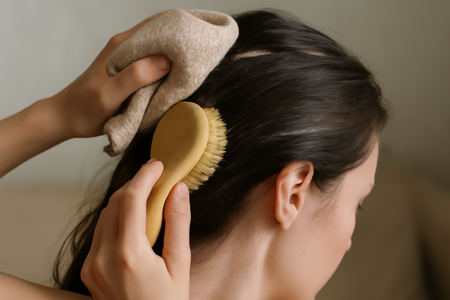
Herbal rinses and oat milk: gentle alternatives
For those seeking a more natural approach to scalp cleansing, herbal rinses and oat milk offer gentle solutions that cater to specific needs. Herbal teas, such as chamomile and rosemary, provide a mild cleansing effect while also enhancing hair color. Chamomile is particularly beneficial for lighter hair, bringing out natural highlights, while rosemary can enrich darker shades.
Oat milk, on the other hand, is known for its soothing properties, making it an excellent choice for sensitive or irritated scalps. The anti-inflammatory nature of oat milk can help calm any scalp discomfort, providing a gentle cleanse without stripping away essential oils. To use, simply apply oat milk directly to the scalp, massage gently, and rinse thoroughly.
Special techniques for targeted cleansing
Sometimes, a full scalp wash isn't necessary. Targeted cleansing techniques, such as washing only the top section of the hair, can provide a quick refresh while maintaining the natural oil balance in the rest of the hair. This method is especially useful for those with busy schedules or when a full wash isn't feasible.
Another unconventional method is the use of micellar water. Known for its ability to remove impurities without harsh chemicals, micellar water can be applied to the scalp using a cotton pad to gently clean specific areas. While effective, it's important to be mindful of potential dryness, as micellar water can sometimes strip too much oil if overused.
Brushing techniques for a healthier scalp
Brushing is a vital part of maintaining a clean and healthy scalp. It helps distribute natural oils from the scalp to the hair, reducing the need for frequent washing. Using a brush with boar bristles, such as our Curvy Brush, can effectively remove buildup and stimulate the scalp, promoting better circulation and hair health.
For those with curly hair, detangling can be a challenge. A wide-toothed comb is ideal for gently working through curls without causing breakage. This method not only helps in distributing oils but also keeps curls defined and free from knots.
Choosing the right method for your hair type
When selecting a non-shampoo cleansing method, consider your hair and scalp type. Those with oily scalps may benefit from more clarifying options like apple cider vinegar rinses, whereas individuals with dry or sensitive scalps might find herbal rinses or oat milk more suitable. Curly hair often thrives with co-washing, as it provides moisture while cleansing.
Ultimately, understanding your hair's unique needs will guide you to the most effective cleansing routine, ensuring a healthy and balanced scalp without relying on traditional shampoos.
DIY remedies: Balancing benefits and risks
When exploring natural scalp cleansing methods, baking soda often emerges as a popular DIY solution. Known for its clarifying properties, baking soda can effectively absorb excess oils and remove buildup, particularly beneficial for oily scalps. However, caution is advised due to its alkaline nature, which can lead to dryness if overused. It's essential to strike a balance, using baking soda sparingly and following up with a moisturizing treatment to maintain scalp health.
Choosing the right method for your hair type
Selecting the appropriate cleansing method without shampoo depends significantly on your hair and scalp type. Those with oily scalps may find apple cider vinegar rinses particularly effective due to their clarifying and pH-balancing properties. In contrast, dry or sensitive scalps might benefit more from the soothing effects of oat milk or herbal rinses. Curly hair often thrives with co-washing, which provides the necessary moisture while gently cleansing the scalp.
Understanding your hair's unique characteristics will guide you to the most suitable non-shampoo cleansing routine, ensuring a healthy and balanced scalp.
Frequently asked questions
How often should I clean my scalp without shampoo?
The frequency of scalp cleansing without shampoo depends on your hair type and personal preference. Generally, those with oilier scalps might need to clean more frequently, such as every few days, while those with drier or less oily scalps can extend the time between cleansings.
What should I do if my scalp feels dry after using natural cleansers?
If your scalp feels dry after using natural cleansers, consider incorporating a moisturizing treatment or oil, such as rosemary oil, to restore moisture. Additionally, adjusting the frequency of cleansing or trying a different method may help alleviate dryness.
Can these methods replace regular shampooing entirely?
While natural methods can effectively clean the scalp, whether they can replace regular shampooing entirely depends on individual hair and scalp needs. Some people find these methods sufficient, while others may prefer to alternate with traditional shampoos for a more thorough cleanse.
 2-5 day delivery
2-5 day delivery
 25.000+ satisfied customers
25.000+ satisfied customers
 Satisfaction Guarantee
Satisfaction Guarantee

















